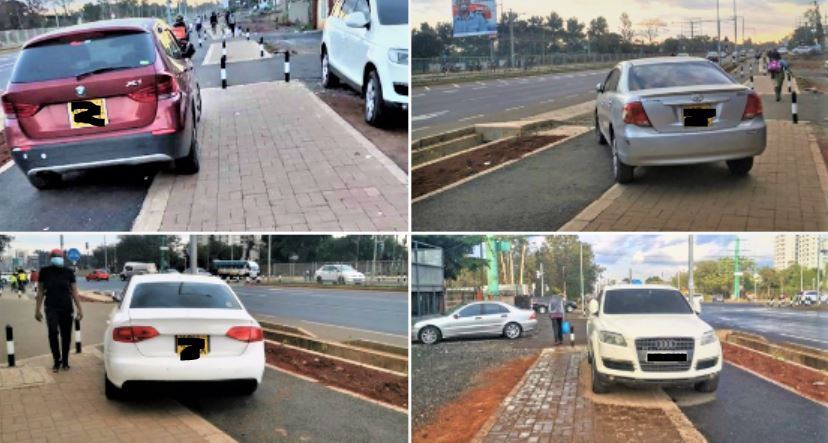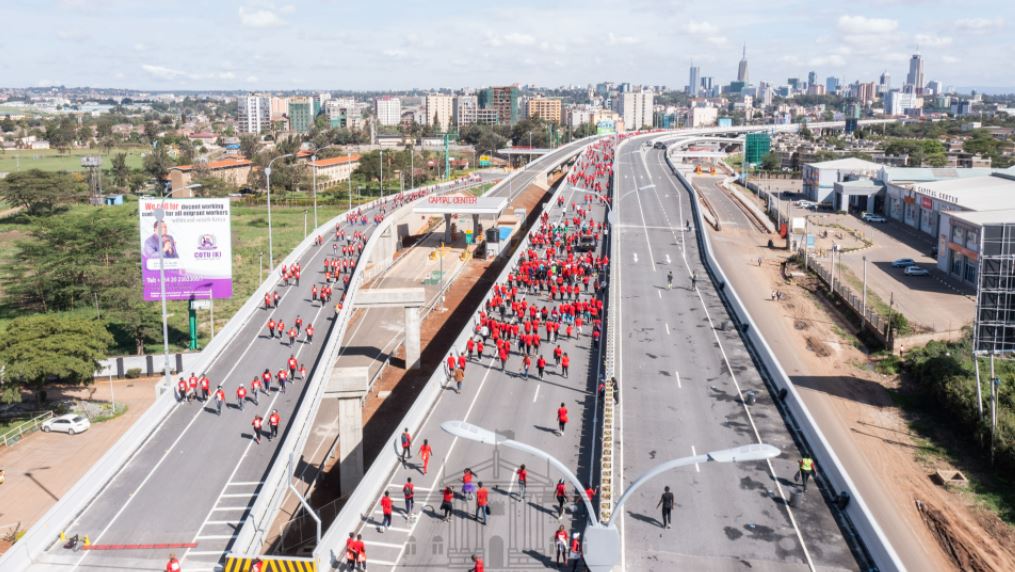
Sponsored by Samburu West MP Naisula Lesuuda, the Kenya Roads (Amendment) Bill 2022 makes it a criminal offence to drive on non-motorized lanes.
The Bill which is currently in the National Assembly seeks to amend section 2 of the Kenya Roads Act of 2007. It stipulates that all roads be designed to have lanes or tracks reserved for exclusive use by non-motorized transport.
“A person who unlawfully uses a lane or cycling track reserved for pedestrians, bicycles or other form of non-motorized transport for any other purpose commits an offence and shall on conviction be liable to fine not exceeding Sh1 million or one year imprisonment or both,” the Bill reads in part.
The Bill defines non-motorized transport as all forms of travel that do not rely on an engine or motor for movement and includes walking, cycling and mobility assistance devices such as wheelchairs and scooters.
The Bill also makes it mandatory that each public road be designed to have clearly marked lanes or pedestrian walkways for exclusive use by pedestrians.
“All existing public roads which do not have lanes or tracks designated for use by pedestrians and non-motorized transport shall, where appropriate, be upgraded to provide walkways and tracks which are clearly marked for the exclusive use by pedestrians and bicycles,” the Bill states.
Further, the Bill proposes that the Cabinet Secretary in charge- Transport and Infrastructure- shall publish standards for the planning and design of urban streets.
This shall be done with consideration of measures to prioritize mobility for pedestrians, cyclists, other non-motorized transport and public transport users.
The CS in charge shall also within nine months of coming into force of the law, publish standards for the design, construction and equipping of cycling lanes, cycling tracks and pedestrian walkways to ensure safety, universal access and functionality.
The Bill also makes it mandatory for all urban areas to have support facilities such as bicycle parking so as to promote non-motorized transport by improving safety and utility.
The Bill states this shall promote green mobility and reduce vehicular congestion as well as vehicular carbon emissions and in turn contribute to Kenya’s attainment of Sustainable Development Goals (SDGs) targets.








